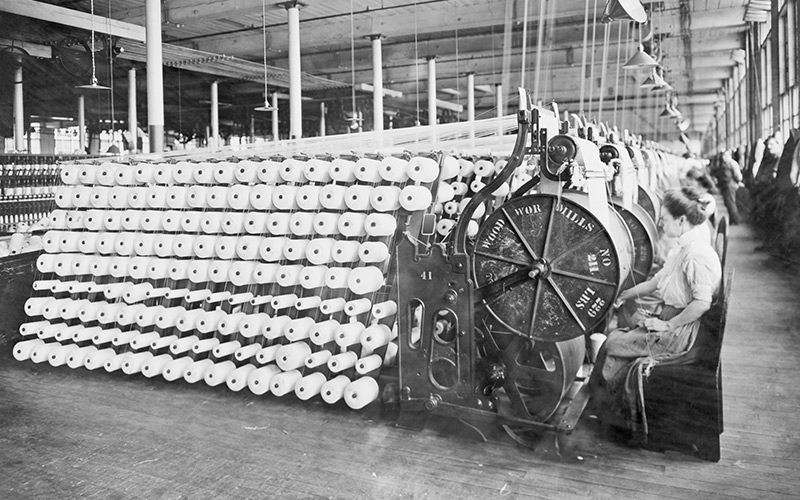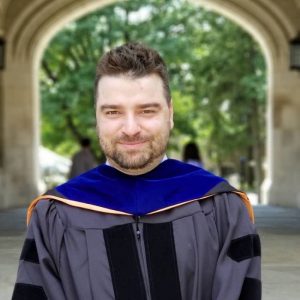
29 Sep Technology and the Making of the Modern World [Technology]
Take out your smartphone and study it. Its shape and functions—do you wonder how they were influenced by social, economic, political, and cultural forces? Do you think it changed the way people interact with one another?
In this course, we will explore how technology has shaped the modern world from early industrialization to the present. The underlying premise that will guide us throughout the semester is that “technology”—a concept that carries a multifaceted ideological baggage—only makes sense when understood as being embedded in specific social, economic, and cultural configurations. That is to say, there are histories of technologies.
Instead of a comprehensive survey, the course will unfold through a diverse set of chronologically arranged topics that will help us understand the limits of technological determinism—the misguided idea that technological change happens in a vacuum and then effects social change. Instead, we will learn to see technology as a site of contestation and negotiation for different visions of society, which means that we will also pay special attention to the symbolic dimensions of technology. To accomplish these goals, throughout the semester we will be reading and interpreting a vast array of primary sources (the material that historians interpret to develop their arguments) and scholarly articles.
PATRICK DE OLIVEIRA
Patrick De Oliveira was trained as a historian at Princeton University, and has previously taught at Princeton and Singapore Management University. His main field of research is the history of technology in nineteenth-century France and Western Europe. He has published articles in Past & Present, Notes and Records: The Royal Society Journal of the History of Science, and the Journal of Urban History. His research has been supported by numerous institutions, including the Smithsonian National Air and Space Museum (where he has been both a predoctoral and postdoctoral Daniel and Florence Guggenheim Fellow), the Institut d’Études Politiques de Paris (Sciences Po), the Huntington Library, Art Collections, and Botanical Gardens, and the Linda Hall Library. De Oliveira was born and raised in Belo Horizonte, Brazil. He graduated with distinction from the University of Kansas with a B.A. in History and a B.S.J. in Journalism. He has published in various popular outlets, likeThe Washington Post, Slate, The Age of Revolutions, and CartaCapital.

